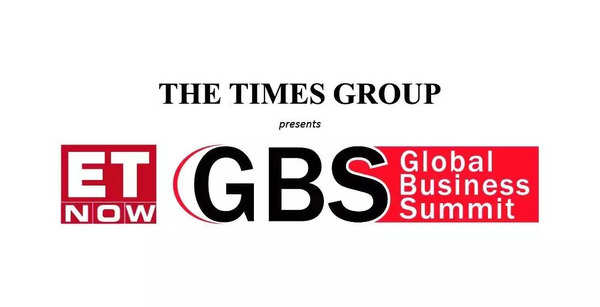NEW DELHI: PM Narendra Modi on Saturday said the Centre would soon set up a deregulation commission to ease the compliance burden on society and minimise govt interference.
“We have ended hundreds of compliances, and now with Jan Vishwas 2.0, we are further reducing compliances. To reduce govt interference in society, a deregulation commission is also being established,” said Modi, referring to the raft of measures undertaken in the past 10 years to revamp the complex web of laws and regulations.
Addressing the ET Now Global Business Summit, Modi also said govt sees the private sector as a key partner in the country’s journey towards transforming itself into a developed nation and asserted that fear of business has been transformed into ease of doing business.
He said that tax relief announced in the latest Union Budget would strengthen the middle class and boost economic activity. “To support the middle class, we have increased the limit of ‘zero tax’ from Rs 7 lakh to Rs 12 lakh in this year’s budget. Due to this decision, the entire middle class would be strengthened, economic activity in the country will increase further. This has been made possible because of a proactive and sensitive govt,” he said.
PM: Be it key nations or int’l platforms, confidence in India stronger than ever
India is now at the centre of discussions on the global future, and is leading them too, PM Narendra Modi said at the ET Now Global Business Summit on Saturday.
“Today, be it major nations or global platforms, confidence in India is stronger than ever,” he said.
While previous govts undertook reforms because of compulsion, his govt has been implementing them because of conviction, he remarked.
Modi, who returned from his visit to the US and France after meeting US President Donald Trump, said 25 crore Indians have risen out of poverty in just the past 10 years and will join the ‘neo-middle class’.

The PM said govt has taken measures to open up several sectors for the private sector, including the space sector, and detailed how startups are contributing to this crucial sector. He also referred to the drone sector, which has been opened up, and said it has paved the way for a wide range of opportunities for the country’s youth.
He said govt was taking steps to encourage the private sector in the power distribution sector to drive more efficiency. “In this year’s budget we have taken a major reform measure. We have opened the nuclear sector for private participation,” the PM said, adding that India missed the first three industrial revolutions but is ready to move forward with the world in the fourth.
Modi highlighted that India entered in the top 5 largest economies in the world in just the last decade, denoting the speed of development of Viksit Bharat. He said people would soon witness India becoming the third largest economy in the world in a few years. He emphasised that this was the necessary pace for a young country like India and stressed that India was moving ahead with this very speed.
Modi detailed the reforms undertaken in the past 10 years which he said has transformed India’s economy. He said the banking sector was reformed and now public sector banks have reported record profits and access to credit has been accelerated to cover a wide section of the population, including the poor, with “banking the unbanked, securing the unsecured, funding the unfunded” being the govt’s strategy.
He said such initiatives may not have generated headlines, but changed the lives of all across the country. “Swamitva Yojana has resulted in the recognition of rights of properties, enabling people in poor sections of the society to access loans, which are now far more easily available because of the growing network of bank branches and banking correspondents. Property worth Rs 1 lakh crore have been unlocked,” the PM said, quoting a UN study.
“This is the real story of reform – perform and transform,” said the PM, adding that reforms earlier were undertaken only due to compulsion but now they were being taken with conviction.
Reforms undertaken by his govt have strengthened the pillars of the economy, he said, while also mentioning that the private sector is benefiting from GST. Modi also referred to the reforms undertaken to revamp the colonial era Indian Penal Code and bring about tthe Bharatiya Nyay Samhita.
PM Modi also referred to the steps taken to transform backward districts and pointed to the development in the Aspirational Districts. He said govt had worked on the indicators on which these districts were lagging behind. “Many aspirational districts have now transformed into inspirational districts of the nation,” Modi said and now steps are being taken to improve micro level governance with the aspirational blocks programme.
In his welcome address, Vineet Jain, MD, The Times Group, highlighted the transformative policies undertaken by Modi govt. “The Bharat we see today is a result of a decade of economic decisions and transformative policymaking. This comes from Prime Minister’s vision that has positioned our country not just as a participant in global affairs, but as a leader shaping them. Under his stewardship, India has become one of the fastest growing major economies in the world,” he said.
